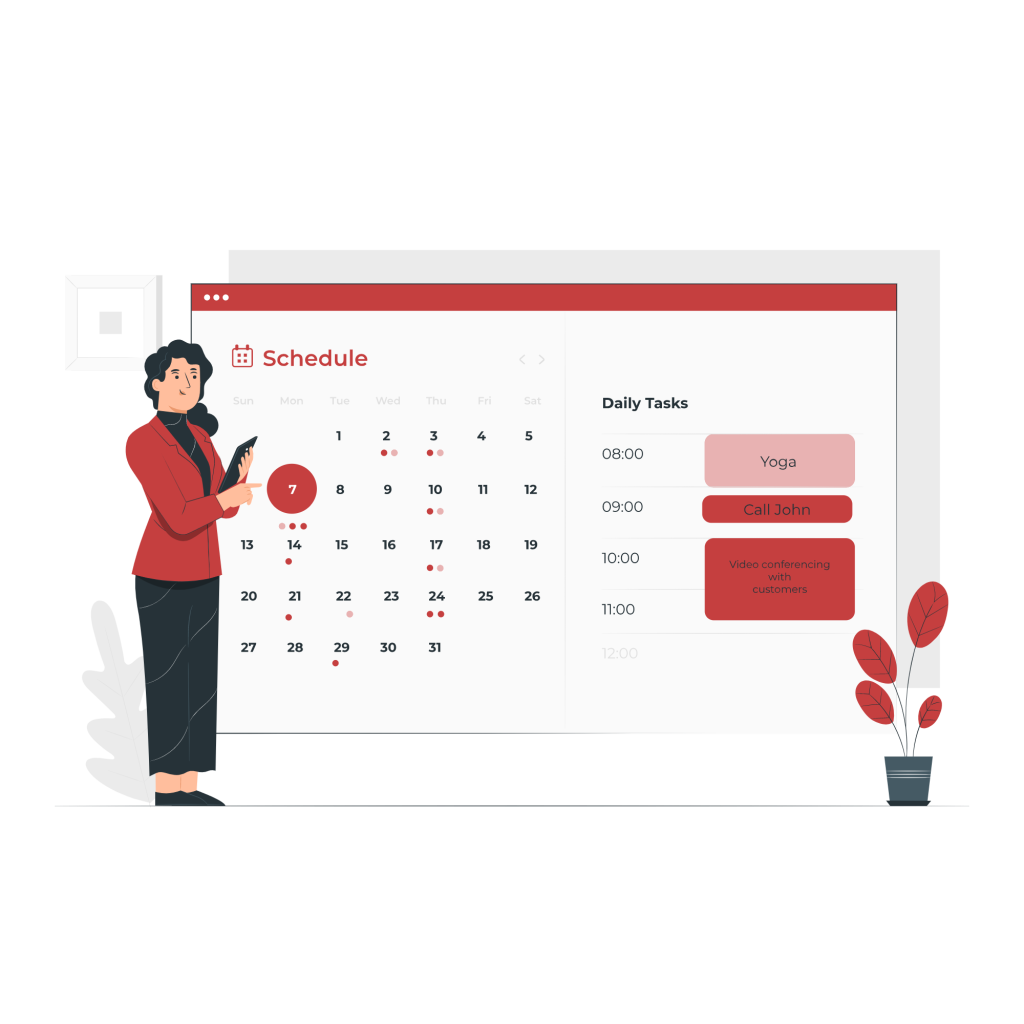Although it is almost the midpoint of the tax filing season for 2021 returns, the IRS is lagging seriously behind on processing 2020 returns, to the point that the delay in processing returns from prior years and issuing refunds is so dire that many freelancers and business owners have been waiting to resolve their IRS issues for months, if not a full year. If you are in this situation, know that you are not alone—it is estimated that the IRS has over six million returns still left to begin processing and 35 million more pieces of unopened correspondence to address from the past filing season.
The causes of this brutal backlog, according to former IRS insiders are unprecedented staffing shortages and an overwhelming amount of work left unprocessed in IRS offices from when the Covid-19 pandemic forced workers to be remote.
Waiting for a prior year tax refund? Be patient and proactive with any notices you receive. A January 12 NBC News report about working conditions at the IRS stated that, “The agency faces staff shortages, with fewer than 15,000 workers handling 240 million calls last year. Its workforce is the same size it was in 1970, with a budget 20 percent lower than it was 10 years ago.”
Adding to the stress of this situation is pressure from the American Institute of Certified Public Accountants (AICPA) and Congress to stop sending some automated tax notices and related actions because the agency has issued many erroneous automated notices indicating that they have no record of a return on file but that they have payments on file. This is adding to the confusion.
If you received such a notice, you are generally safe to wait until after this year’s tax filing deadline of March 15 for business returns and April 18 before you take action. However, it is advisable to have a tax professional review your notice and ensure that you take any appropriate action, if required, as soon as the 2021 filing season ends.
If you have tried to reach the IRS regarding a refund or other notice, you have no doubt found it difficult to do so. This is not a situation solely affecting individual taxpayers or business owners. Tax preparers and CPAs are in the same situation, and even if a caller is successful in getting through, the IRS representatives often do not have access to the information in question.
The bottom-line, best advice to handle the IRS backlog without creating negative consequences for you and your freelance business? Remember that this situation is out of your control and that the human factor of the IRS is at play. They are doing the best that they can, opening mail and processing prior returns on a first in, first out basis.
With this in mind, per guidance from the IRS for 2021 filings that are currently under way, it is advisable to use electronic methods to submit your 20221 return. You can do this by a) e-filing or b) you can make your payment and get refunds electronically.
The silver lining in the IRS slowdown. While it may be cold comfort if you are expecting a refund and it is delayed, it is also a chance to recalibrate your current tax situation so that the taxes you pay on a quarterly basis are more accurate and you don’t end up with several years’ worth of tax returns with potential refunds sitting for indefinite periods on the desk of an overworked (or absent) IRS agent.


